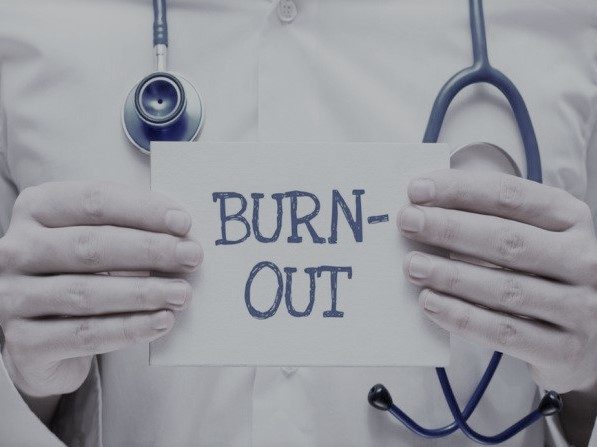Posted on February 26, 2018
A recent 2018 US Physician Lifestyle and Burnout Report (n= 15,000) revealed some interesting results. Even though they work somewhat differently over there, we can all learn something from it!
1. Q: How many doctors are burned out?
A: 42% This is a fairly well-documented stat. Low levels occur in dermatologists and higher levels amongst intensivists, neurologists and GPs.
2. Q: Who is happiest at work?
A: Ophthalmologists (37%), dermatologists (33%) with GPs at 22%. Perhaps to do with remuneration and not too many emergencies!
3. Q: Which gender has higher levels of burnout?
A: Males 38% Females 48%. No surprises there as this is well documented!
4. Q: How do doctors cope with burnout?
A: Exercise (50%), talking with family and friends (46%), sleep (42%), withdrawal (39%) , music (36%), eating junk food (33%) , drink alcohol (22%), binge eat (20%), self-medicate (2%). Interesting isn’t it. Use of exercise is clearly very important to many. Some behaviours are avoidant in nature. Some may be gender-specific such as women and ‘talking it out’. Self-medication rates are higher in Australia due to the legality of self-medication.
5. Q: What factors contribute to burnout in doctors?
A: Paperwork and bureaucracy (67%), spending too long at work (39%), computers (28%), lo remuneration (23%) and lack of control (20%). These contributors are mostly “system-related” and beyond the control of the employed doctor.
6. Q: How does your depression affect patient care?
A: More easily exasperated with patients (43%), less engaged (39%), less friendly (29%) less motivated (22%). We know this of course. Look at the symptoms of depression and imagine being treated by an unmotivated, disinterested, distracted and unenergetic doctor and the outcome is obvious. This translates into poorer patient care which can lead to a complaint.
Now, for the pragmatic and interesting bit. They were asked what they do to avoid burnout and here is what they said:
o Exercise
o Having autonomy (control) over their work
o Maintaining a sense of accomplishment – even joy
o Manage expectations and have a positive outlook
o They like their patients
o They have supportive colleagues, family or both
o Working in a good environment
o Working part-time or as a locum
o Ability to balance home-life and work-life.
DHSA Medical Director, Dr Roger Sexton says "These are quite achievable. Control at work is clearly important. Remember, the receptionist works for YOU! Medicine will swallow up the entire week if you let it. So, working to achieve an interesting and varied working week is a wise idea, with time to be amongst non-medical interests and friends."
Review of the original article and research by Dr Roger Sexton, Medical Director, Doctors' Health SA


 Menu
Menu
Menu
Menu

